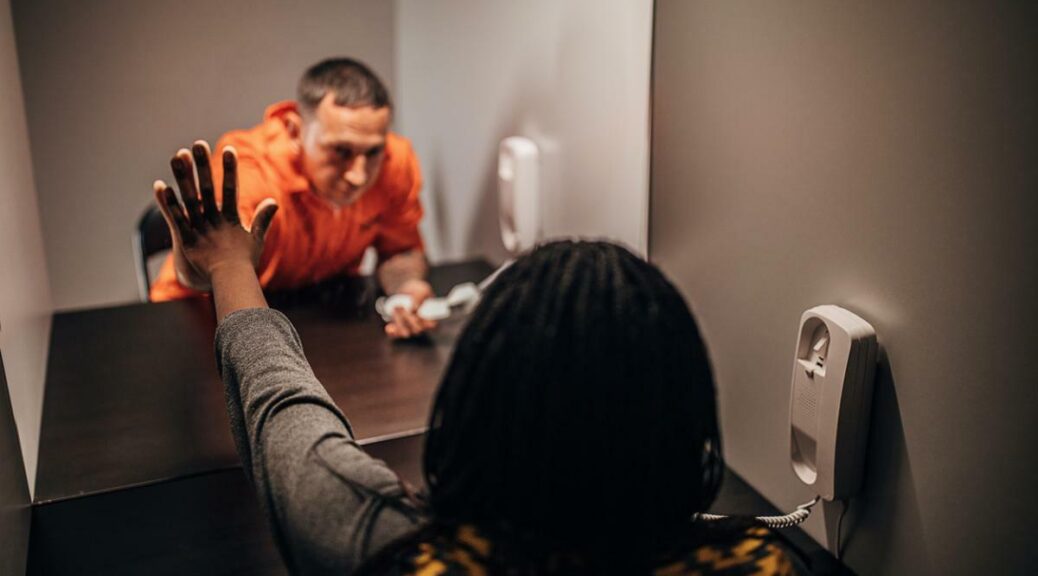Almost 200,000 kids in California have a parent in jail. This can create complex parenting and custody issues. One of the thorniest problems can be child visitation rights for the incarcerated parent. The parent’s crimes, existing relationship with the child and other parent, and the attitude of the Family Court all have an impact on decisions.
Under California law, any solution must ensure the child’s best interests. This means there can be many options and solutions. Family Law Attorney Judy L. Burger examines the question, “May an imprisoned parent have child visitation rights in California?”
Fast Facts About CA Child Custody and Incarceration
Although there are thousands of families with an incarcerated parent, there is much confusion surrounding this issue. Here are some fast facts about the topic:
- Incarceration does not automatically terminate your parenting rights. This can only happen in a limited number of situations.
- Imprisonment in California is not automatically considered abandonment of a child as it is in a few other states.
- Child custody and parental rights are different issues. The other parent or a grandparent may be granted custodial care of your child while you are in jail, but this does not surrender your parental rights.
- Incarceration does not abrogate you from your child support obligations. Making child support payments can help prove you have not abandoned your child and take your parental responsibilities seriously.
- You are still entitled to be present in any hearing regarding your parental rights and the matters relating to your child while in prison.
Child Visitation Rights for CA Inmates
A Family Court may determine that the child’s best interests are met by granting visitation rights to an incarcerated parent. If so, there will likely be stringent guidelines to ensure the child’s safety and well-being. A California Family Law Attorney like Judy L. Burger can help the inmate negotiate the best possible conditions for visiting with their child.
A new law in California takes effect on January 1, 2024, to make it easier for incarcerated parents to obtain visitation rights with their children. The Keep Families Close Act now allows incarcerated parents to request a transfer to a facility near their families. Since 2019 data from the CDCR revealed that over 75% of incarcerated persons are located over 100 miles from their homes, this legislation is a welcome boon for inmates.
According to California Department of Correction and Rehabilitation (CDCR) data from 2019, over 75% of people in prisons are incarcerated more than 100 miles away from their homes According to CDCR data from 2019, over 75% of people in prisons are incarcerated over 100 miles away from their homes. Parents who committed crimes against their child or other serious crimes are exempted.
Moreover, the Family Dignity Act will make the visitation process for families simpler by adopting digital technology. Families will now be able to scan and upload birth certificates so they can be digitally retrieved on each visit and not have to be brought every time.
Help with Child Custody, Support, and Visitation Matters in California
Child custody, support, and visitation issues with an incarcerated parent can be difficult and many factors can impact the court’s decisions. A parent sentenced to prison, currently in prison, or about to be released from prison will need counsel and representation from a CA Family Law Attorney. Similarly, the custodial parent or guardian of the child will need advice and representation to ensure the child’s best interests are ensured.
Certified Family Law Specialist Judy L. Burger and her team understand the specific challenges relating to an incarcerated parent and their family. We can help you work out the best arrangements for your family’s welfare and happiness during any phase of the parent’s jail tenure. Contact the Law Offices of Judy L. Burger by phone or online to request a confidential consultation.


